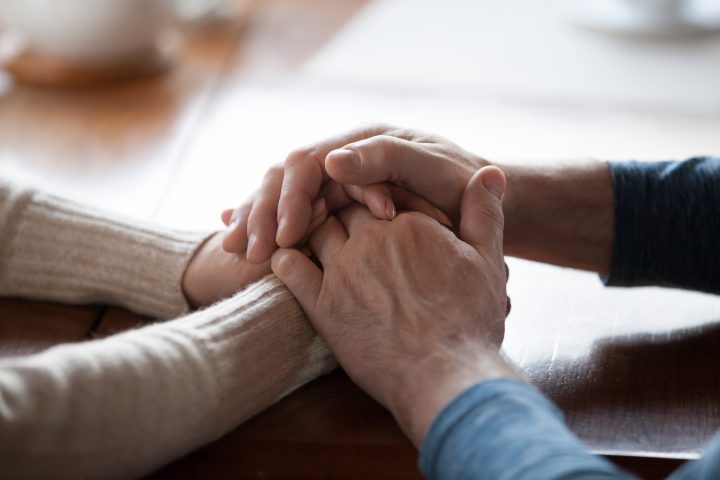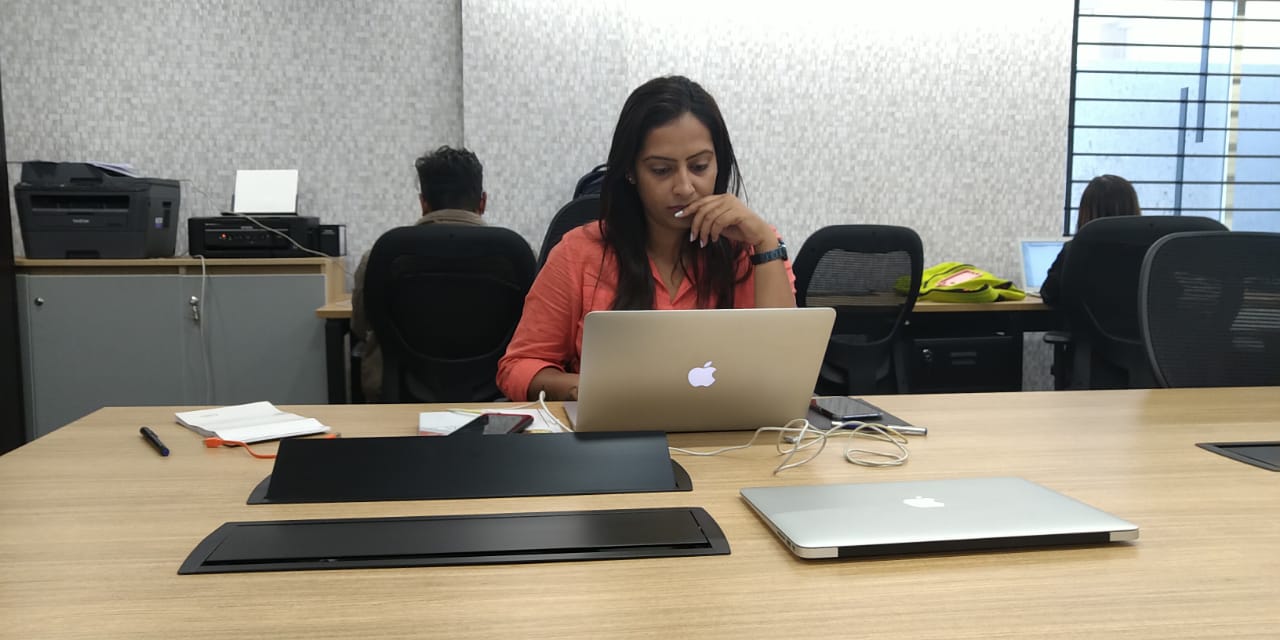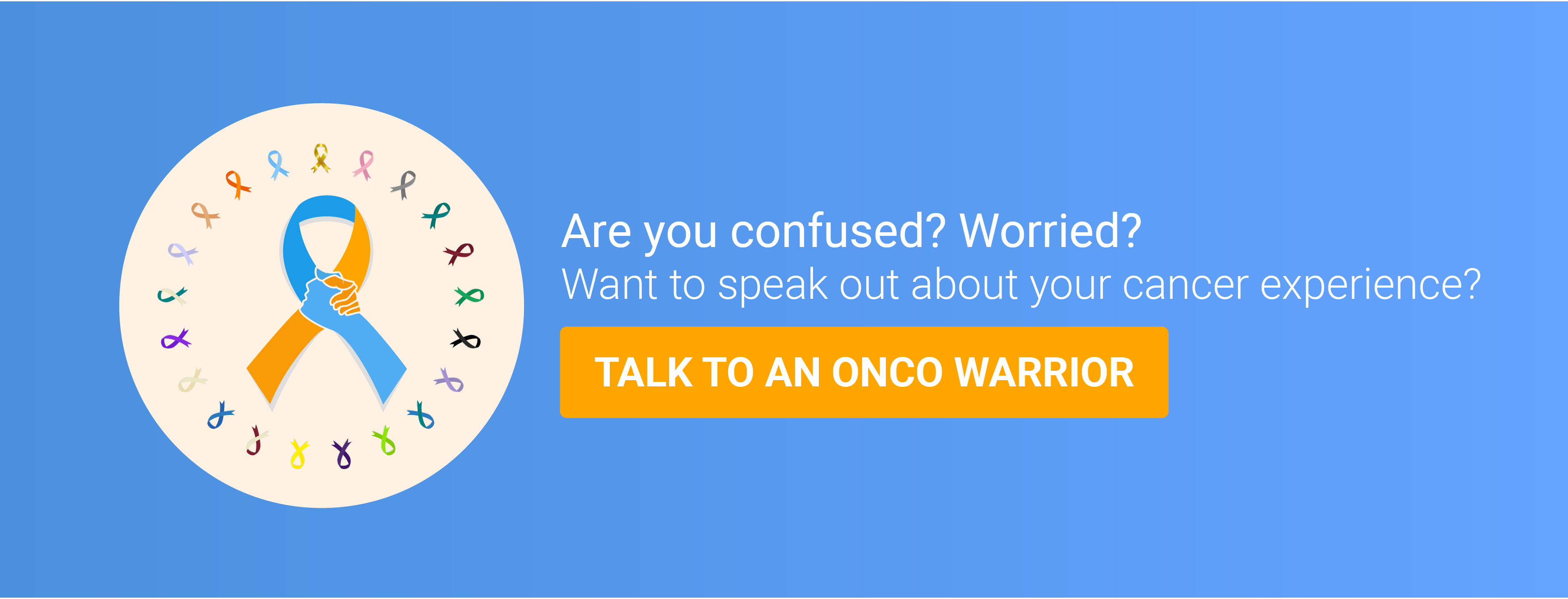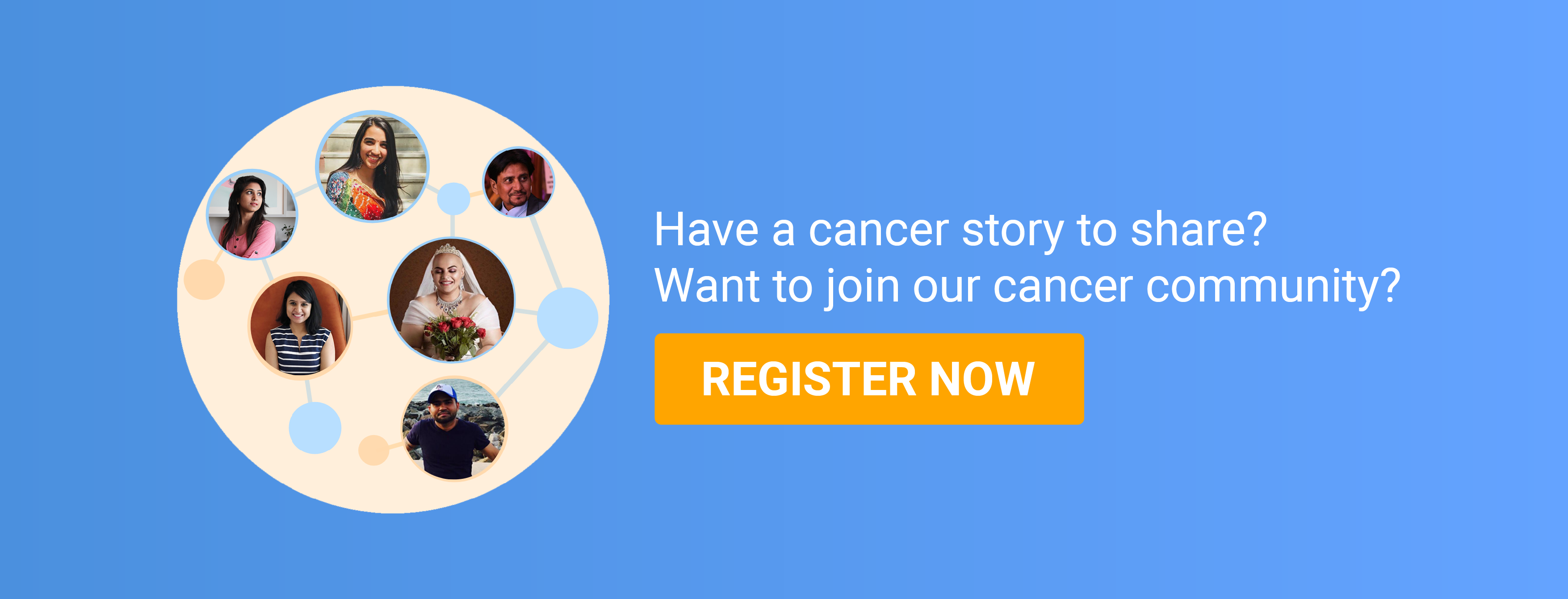If you walk into a traditional Bengali household, the fragrance of the food cooking in the kitchen will greet you before anyone else can. My grandaunt’s home was exactly like that. I can still smell the flavourful “macher kaliya” (fish curry), the “poshto” (a potato dish) and the “luchi” (small Indian bread or puris) being fried, and it still makes my mouth water.
 My grandaunt loved cooking. She was a robust lady who managed a busy household that demanded all her energy. A mother, grandmother, wife, aunt, friend, confidant, she had many roles to play and she did them all with the ease of the matriarch that she was. I knew she has a special place for me in her heart. I was her favourite child in the family, who was pampered with all the dishes I desired.
My grandaunt loved cooking. She was a robust lady who managed a busy household that demanded all her energy. A mother, grandmother, wife, aunt, friend, confidant, she had many roles to play and she did them all with the ease of the matriarch that she was. I knew she has a special place for me in her heart. I was her favourite child in the family, who was pampered with all the dishes I desired.
How cancer entered my life?
When she was diagnosed with ovarian cancer, the entire family was shaken. The biggest challenge was finding out what to do about it. The cancer was already in the fourth stage, so the prognosis was not very positive. This is a dilemma that is faced by any family that discovers the cancer too late. Should we initiate the available treatments even though the survival rate is disappointing? Or should we allow the patient to forgo the treatment as it can be very painful, and focus on palliative care instead?
In my opinion, we need to consider a few things when making this decision, the first is the advice of oncologists, the second is the opinion of the patient themselves. After this, there are other considerations like the cost of the treatment, including how easily it is accessible and the duration. It is important to not make this decision based on the suggestion of just one person, but to consult experts for a second opinion, to make sure that we are on the right path.
As far as the financial aspects of the treatment are concerned, I would urge everyone who has cancer running in the family to consider health insurance specific to cancer. The premiums for this type of insurance are usually low and you can avail considerable sums to cover for the expensive treatment. Apart from living a healthy lifestyle, and having regular screenings, this is one other thing we can do to improve our chances of survival.
Looking back at how we handled my grandaunt’s cancer, I feel we missed the mark. We were so overwhelmed with the diagnosis and knowing that we had limited time left with her, we almost suffocated her with affection. She was very conscious of the sympathy by those around her and detested it. All she wanted was to carry on her remaining days in as normal a manner as possible. She wanted to do her chores as she used to and craved a sense of normalcy that was taken away by the constant attention that we showered on her.
My decision to care for patients with cancer
In August 2019, I joined Onco.com as a care manager. My daily activities involve following up with patients and caregivers on the progress of their treatment, and clarifying their queries and making future plans of action. I find that passing on medical information is just one part of my job. The caregivers and patients also need an empathetic ear, someone they can trust. I am able to understand their emotions because I have experienced the same struggle. I know that cancer physically affects one person, but the emotional drain is experienced by everyone around, the entire family. In particular, the caregivers are so busy taking care of the patient that they often forget to take care of themselves. That’s where the care manager comes in; to ease their difficulties by guiding them with the tools for making the right decisions.

Gargi, while at her work as Onco.com’s care manager
At the end of the day, speaking with cancer fighters all day does leave me exhausted. But I am so grateful to have this opportunity to make a difference in their lives. This is not just another job, it is very close to my heart as everything I do here impacts someone else’s life. Knowing this motivates me to try harder and get better at my job. There was no care manager to help us when my grandaunt was fighting cancer. If there was, I’m sure we would have been able to make better decisions. That is the reason I do what I do; so that others do not have to feel the helplessness that we did.



